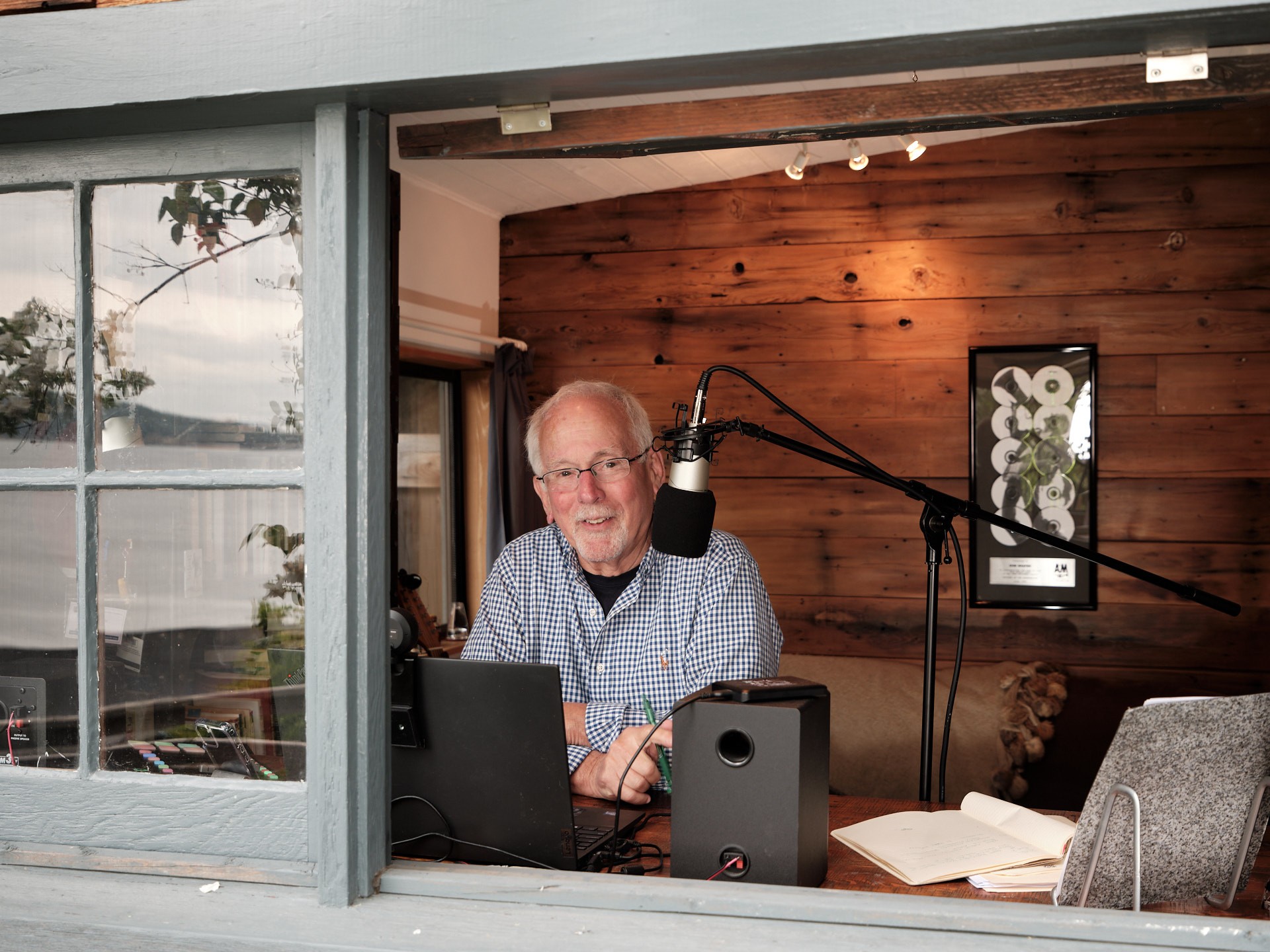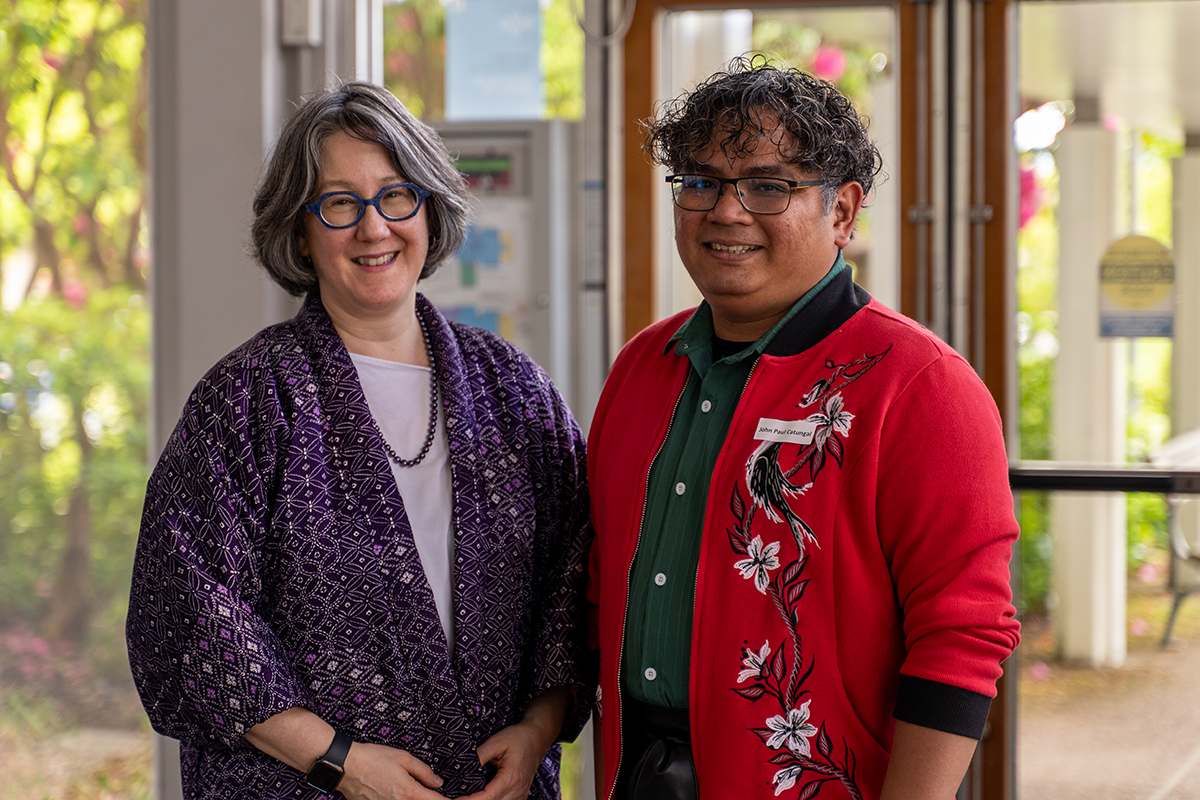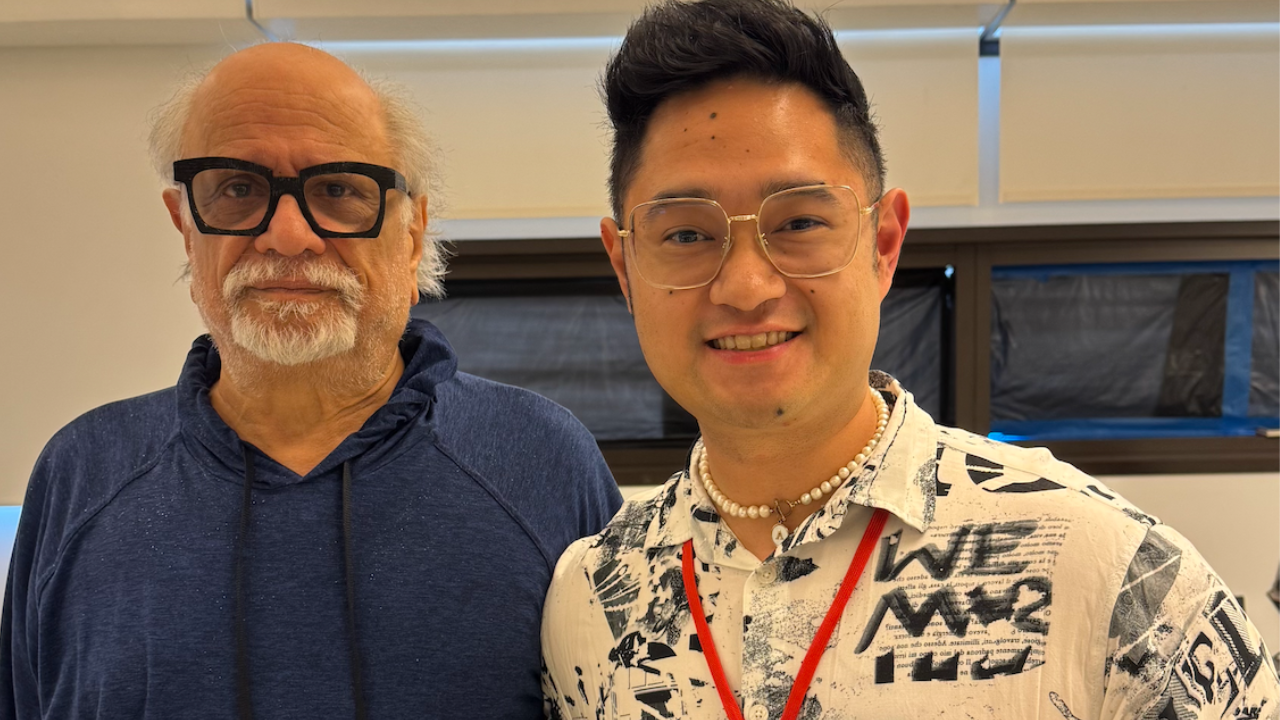Meet Jhonelle (Jo) Nelson, one of the new MA students of the 2016-2017 cohort at The Social Justice Institute.
This interview took place on the traditional, ancestral, unseeded and occupied territory of the Musqueam peoples.


Ine: “Could you tell me a little more about yourself? Why did you decide to apply for the MA program in Gender, Race, Sexuality and Social Justice?”
Jo: “I was working as a certified ESL (English as a Second Language) teacher before. I wanted to continue university, because I felt that I wasn’t done learning yet. I looked into the MA programme in ESL but that wasn’t really what I wanted. It was too curriculum-based and I wanted to combine ESL with ‘making a difference’ somehow. So I decided to apply for programmes that were more oriented towards social justice. I applied to UBC because of its interdisciplinary MA programme.”
Ine: “What (academic) interests would you like to explore at the Social Justice Institute? Could you tell me something about your MA research?”
Jo: “I’m interested in exploring the intersections between ESL, race and gender, and between comics, race and gender.”
Ine: “You’re wearing a Marvel shirt, are you a big Marvel fan?”
Jo: “Right now, I’m way into Marvel! Their comic books and movies both interest me. Parallel to my rising interest in social justice and the inner workings of ESL, a lot of Marvel was “happening” too. In particular, I started noticing that their movies and comics reflect social justice issues. So in a way, this was another reason I applied to the Social Justice Institute because I figured that I could tie all these things together and do some unique research.”
Ine: “What’s it about Marvel that you like so much?”
Jo: “It’s just that they got to me first, haha. Their movies are easier to get into than other comic book movies.”
Ine: “How are social justice issues reflected in Marvel movies and comics?”
Jo: “The kind of movies that they have tend to be more about entertainment, they are story driven and character driven. But then I noticed that it’s mostly white men who are the protagonists in the movies. The racial and gender aspects within the movies are very interesting to examine and analyse. We can also take a critical look at the company. A lot – probably most of the men working at Marvel are white men, and so this has certain effects on representation of the characters. I’m also personally invested in some the characters. There’s a black Spiderman now, and Captain America is black. At the same time, they still use some clichéd storylines; they still use black bodies for drama.”
Ine: “Interesting. So, tell me– how are you liking the program and your life in Vancouver so far?”
Jo: “Oh, I’m mostly surprised that Vancouver is so expensive! It’s also very active; people are into health and fitness and outdoors activities. It’s interesting, because it’s actually quite very expensive to be healthy and ‘outdoorsy,’ so it is a very privileged wealth thing. That’s often tied together with race, too.
I lived in Thailand for a while, and a lot of people there have to do a lot of physical work, so in that sense they are very physically active too. However, in Thailand, there were lots of fruits and vegetables there, but it wasn’t as heavily commercialized an industry like it is here. If I want to be healthy here, it is much more expensive.”
Regarding the programme, I came unsure of what institutionalized social justice would look like, what the curriculum would look like, and I wasn’t sure what to expect about the kind of activism that was being done. I was surprised that we are not expected to do activism. I thought we would be discussing more pipeline, BLM – current events. The programme is very academic, and it really surprises me that it doesn’t include more activism and on the ground work. On the other hand, there is a lot of freedom in exploring your own academic interests. I was pretty used to being told what to do, so it’s both freeing and challenging to not have that anymore.”
Ine: “What do you like to do outside of your studies?”
Jo: “Oh god, I’m going to sound super boring. I read comics, listen to music, explore the city (if someone drags me out to do that, haha.) I’m equally happy spending time with friends or alone. Oh, and I love skydiving! No, not really, I just didn’t want to sound boring. I do like travelling to new places, though I’m something of a home-body. I spend a lot of time in my room. I’ve got an engaging personality (I promise!) but my hobbies aren’t that interesting on paper.”
Ine: “Are you connected to art in any way? And how do you see the connection between art and social justice?”
Jo: “I write a lot of fiction and fan fiction. I used to do a little bit of amateur graphic design, but I don’t have as much time for that any more. Actually– one of the things I’m working on now is over 70,000 words. Maybe I will publish that one day.”
Ine: “What is it about?”
Jo: “Oh no, this is so embarrassing! It’s fan-fiction, so it’s based on popular existing works. So I am writing Marvel fan-fiction. I took the characters and then went somewhere totally different. The storyline is combined from a bunch of movies. You know, fan-fiction is very gendered, it’s considered a lesser form of writing because it is heavily gendered; it’s mostly women who do it.”
Ine: “Why do you think mostly women do it?”
Jo: “That’s a whole research topic in and of itself! If you think about art for fun, a lot of times art is being done by women. If you then look at who is making money from it, then it’s usually men who make money from it, and that’s the same for fan-fiction. Women don’t see themselves represented in comics or movies, and so the huge female fan base wants to put a female perspective in it.
In terms of fandom, a lot of men will be collectors. You know, collecting the action-figures, knowing the hard facts. A lot of times, women are the creators, because they already see themselves collected. They already have the male fantasy of being buff and though. And women want to write or draw the female perspective into it.
Despite all the effort and what I’ve written, my 70,000 word fan-fiction isn’t not that long, I have seen fan-fictions that are 200,000 words long. That’s done for free, in people’s spare time! A lot of the male fans sneer at fan art and fan-fiction, to be honest. We have to build our own little community, carve out our own little spaces (and those are sneered at too!) Comic books, sci-fi, fantasy… they have a lot of sexism in them. Likewise, in the fandoms, there’s lots of sexism too. And let’s not forget about race, sexuality… almost any intersection that challenges the ‘norm’ has its own ‘ism’ in these fan spaces.”
Ine: “What do you want to do after your MA degree in Social Justice?”
Jo: Don’t we all hate that question? In my case, it’s because right now I’ve got so many different ideas! I don’t know. I would want to be in a position where I’m able to help someone, especially women of colour and immigrants. But we’ll see how it will unfold. I’m excited to see where it all goes.”


